WPI’s PhD in civil engineering immerses you in rigorous studies and research, pushing you to cross boundaries even as you define an area of focus, be it construction project management, environmental engineering, highway infrastructure, structural engineering, or geotechnical engineering.
One-on-one faculty mentoring helps assure your success as you work together to customize a program of study. You’ll have state-of-the-art equipment at your disposal, including access to civil and engineering labs and computers labs, many of which are located within the department’s home building.

As a part of the PhD in Civil Engineering at WPI, you’ll divide your time between in-depth research and classroom study, with specialized courses such as Advanced Design of Steel Structures, Structural Design for Fire Conditions, Hazardous Waste: Containment, Treatment and Prevention, and Open Channel Hydraulics.
You’ll also pursue a minor field of study outside of civil engineering, which may be established by three courses in the area you choose. Popular areas include Industrial Engineering, Manufacturing Engineering, and Materials.
While pursuing your PhD in Civil Engineering at WPI, you’ll be at the forefront of cutting-edge, interdisciplinary research exploring areas like sustainability, natural resource preservation, design, construction, architecture, and energy.
Our pioneering faculty are currently engaged in globally recognized studies on pavement engineering and highway materials, analysis and design of structural systems and smart structures, construction and sustainable building design, and physical and chemical treatment processes, to name a few.

Small class sizes, state-of-the-art laboratory facilities, and close interaction with faculty means you don’t get lost in the crowd here.

Our grad students work on problems with a multidisciplinary approach, so collaborations with other departments gives your work even greater potential impact.

Research at WPI solves real-world problems—from using innovative materials to provide more efficient heating and cooling in buildings to protecting water resources to designing bioinspired structural materials.

At WPI, we consider the big picture and our students leave with that valuable approach. That means you’ll see an immediate problem like wastewater treatment and will consider how the solution might have additional environmental, societal, or technological impacts.
As a graduate student in WPI’s Civil & Environmental Engineering department, you’ll work in state-of-the-art laboratory facilities both on campus and at project centers around the globe. You’ll have access to advanced instrumentation not found at other universities, including a device that can characterize novel bioinspired materials and structures and help construct advanced infrastructure systems.
Faculty Profiles


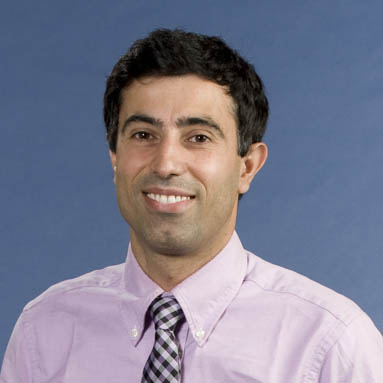
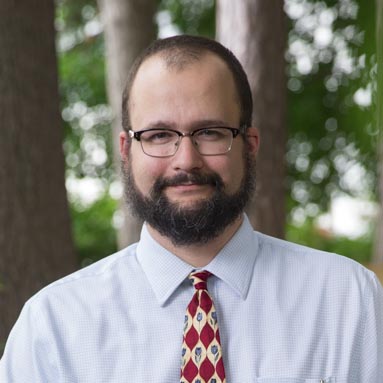
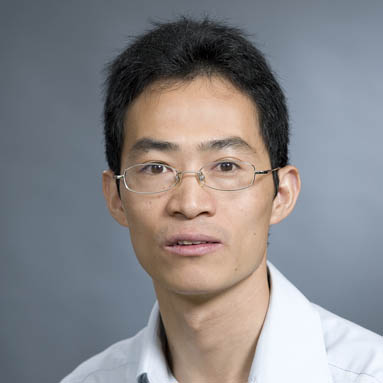
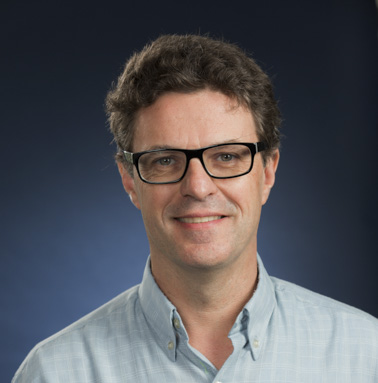
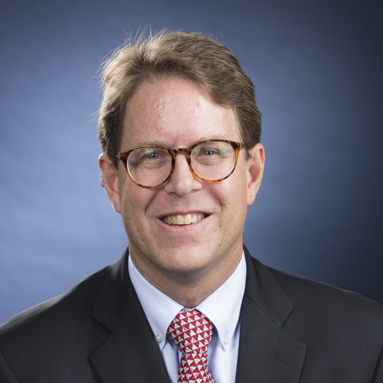
Refer a Friend
Do you have a friend, colleague, or family member who might be interested in a WPI graduate program? Click below to tell them about our programs.
Have questions?
WPI's dedicated graduate student support team can help.
What Does a Civil Engineer Do?
Whether you have specific questions about the day in the life of a civil engineer or are wondering what a PhD in civil engineering salary looks like, our career outlook for civil engineering is your go-to guide. Maybe you’re contemplating if a PhD in civil engineering is worth it and aligns with your career aspirations. If you want to be a part of building a more sustainable tomorrow and dive into in-depth research, earning a doctorate degree is a step in the right direction. Do you first need to earn your master’s so you can land your dream position in the civil industry? Explore our master’s in civil engineering where you’ll participate in immersive, team-based research to solve critical problems in our society. For those interested in a practice-oriented degree that will provide fundamental leadership skills and applied teamwork, consider earning a MEng in civil engineering. Have you always wanted to learn about efficient ways to build and maintain infrastructure? A master’s in construction project management is rigorous, yet practical, immersing students in construction engineering processes, risk mitigation, and more. If you are fascinated by your surrounding environment, a master’s in environmental engineering will help elevate your knowledge in areas like treating industrial wastes, storm water quality control, and more.
Do you have a busy work schedule and need a more flexible option? We offer two niche graduate programs in environmental engineering and construction project management 100% online. If you are passionate about managing large construction projects at every stage, consider earning an online master’s in construction project management. Maybe you’re intrigued by water-quality topics, hydraulics, and resource management? Our online master’s in environmental engineering may be a good fit for your career.
Are You Ready to Begin Your Academic Path with a Bachelor’s Degree?
Does the idea of civil engineering spark you passion for improving life around the planet? If you’re interested in protecting the earth’s natural resources or improving the global infrastructure, then look into a bachelor’s degree in civil engineering. If you are more focused on how to help preserve natural resources and use the most high-tech materials for sustainable building design, WPI’s architectural engineering BS will provide you with the academic foundation and skills you need to pursue a meaningful career.
Gain Skills and Knowledge with a Certificate in Water Quality and Water Resources
Water is a critical topic, a global concern, and professionals with expertise in the field are sought after. If you’ve got a bachelor’s degree and you’re looking for additional environmental engineering knowledge that can translate immediately into your job duties, a water quality systems certificate will give you the skills and understanding you need. If you already have a master’s degree, but are looking for a deeper level of coursework, the advanced water resources certificate is going to help you become more proficient to meet the demand for professionals that are fluent in sustainable policies and practices around water.
Supplement Your Academics with a Targeted Certificate in Construction Management
If you are considering an advanced degree but are unsure of the right path or if you are looking for more expertise, a certificate program might be just what you need. Certificate programs at WPI introduce you to graduate-level work while bestowing expertise you can apply to your studies or your work. Our four-course certificate in construction project management is focused on building information modeling, cost estimating procedures, and negotiations and conflict resolution so you can manage complex construction projects more effectively. If you need flexibility, the online certificate in construction project management will help you take courses from wherever you are.